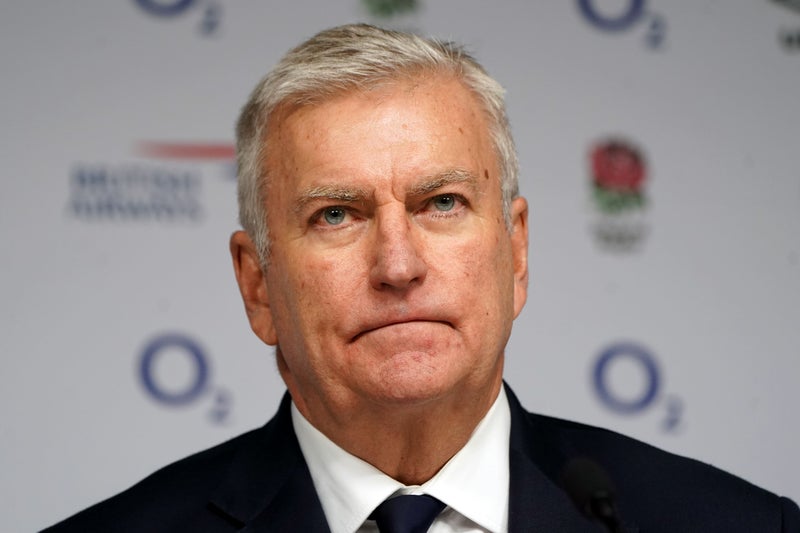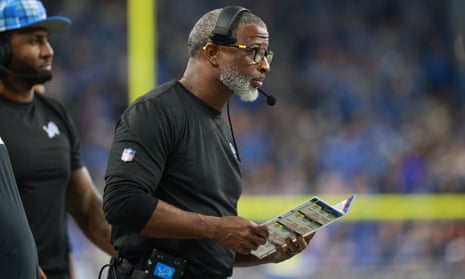Record losses and bumper bonuses – the pay row tearing apart English rugby
Share:
Grassroots rebellion over executive pay has now seen the chair of the RFU board stand down – how did it come to this?. When the Rugby Football Union published its annual report at the end of November, on the back of a lacklustre autumn campaign for England, it emerged the chief executive, Bill Sweeney, was paid £1.1m for the year ending June 2024, which included a one-off £358,000 bonus as part of a long-term incentive plan (LTIP) scheme. It also emerged five other executive directors shared a bonus of close to £1m while the annual report showed record losses to reserves of £42m. In the ensuing weeks the calls for the chairman, Tom Ilube, and Sweeney to go have grown louder across all levels of the English game.
![[Gerard Meagher]](https://i.guim.co.uk/img/uploads/2022/11/07/Gerard_Meagher_Next_Gen.png?width=75&dpr=1&s=none&crop=none)
Put simply, because it made Sweeney the best paid chief executive at a British sports governing body – excluding payouts – at a time when the union announced record losses and 42 redundancies. While the RFU council was well briefed on the losses – expected in a World Cup year – they were given scant warning about the pay hikes. There are those who sympathise with Sweeney insofar as he was offered the terms of the LTIP and understandably accepted it but why it was instigated in the first place has united the game in anger. The RFU’s justification for the scheme is that executives took a pay cut during the pandemic and this is the reward for steering the union through it. That has gone down badly with England players who also took a Covid pay cut while Championship clubs have seen their funding slashed repeatedly. The metrics against which the LTIP has been judged have also caused consternation, not least the decision to combine the results of the men’s and women’s teams when gauging England’s winning percentage.






















